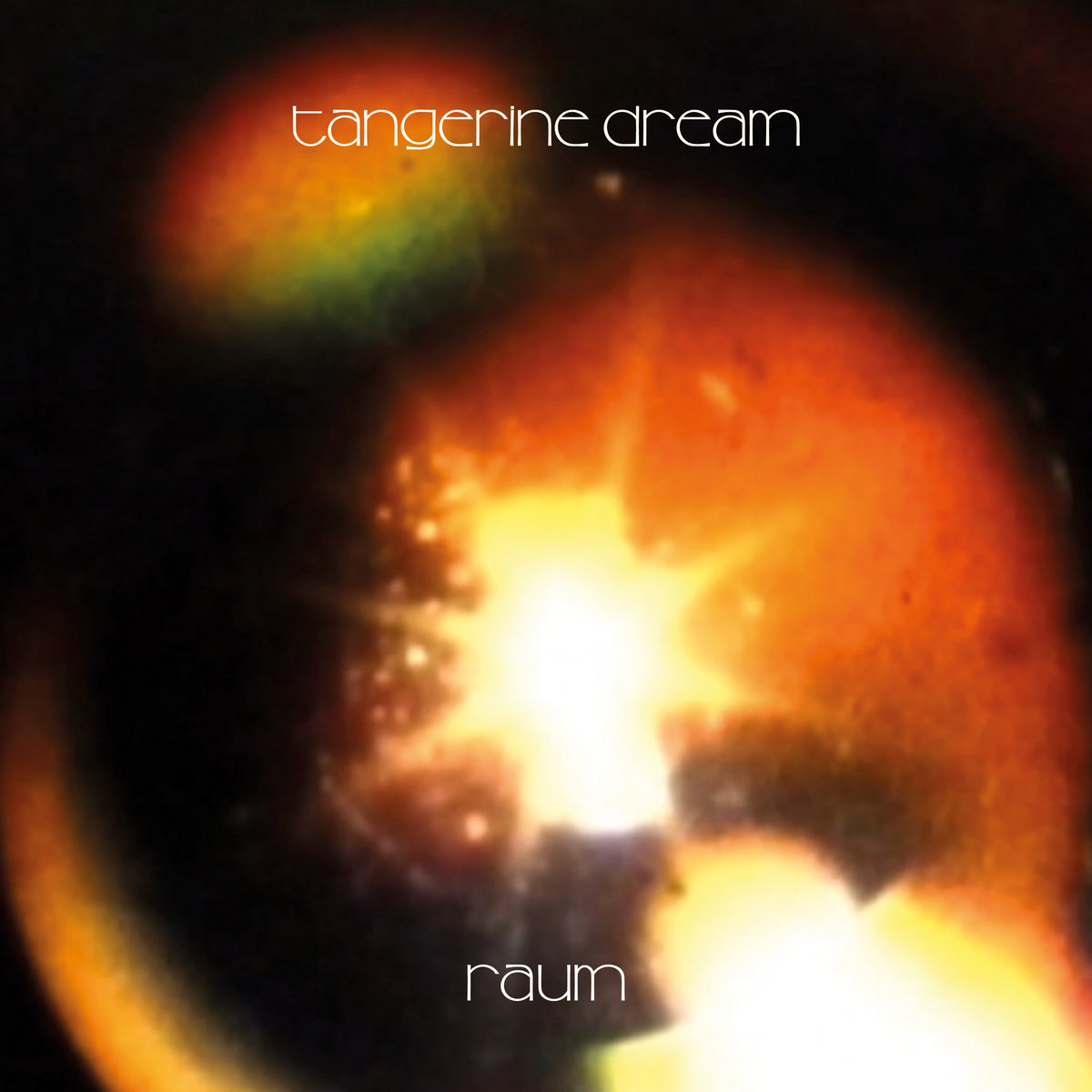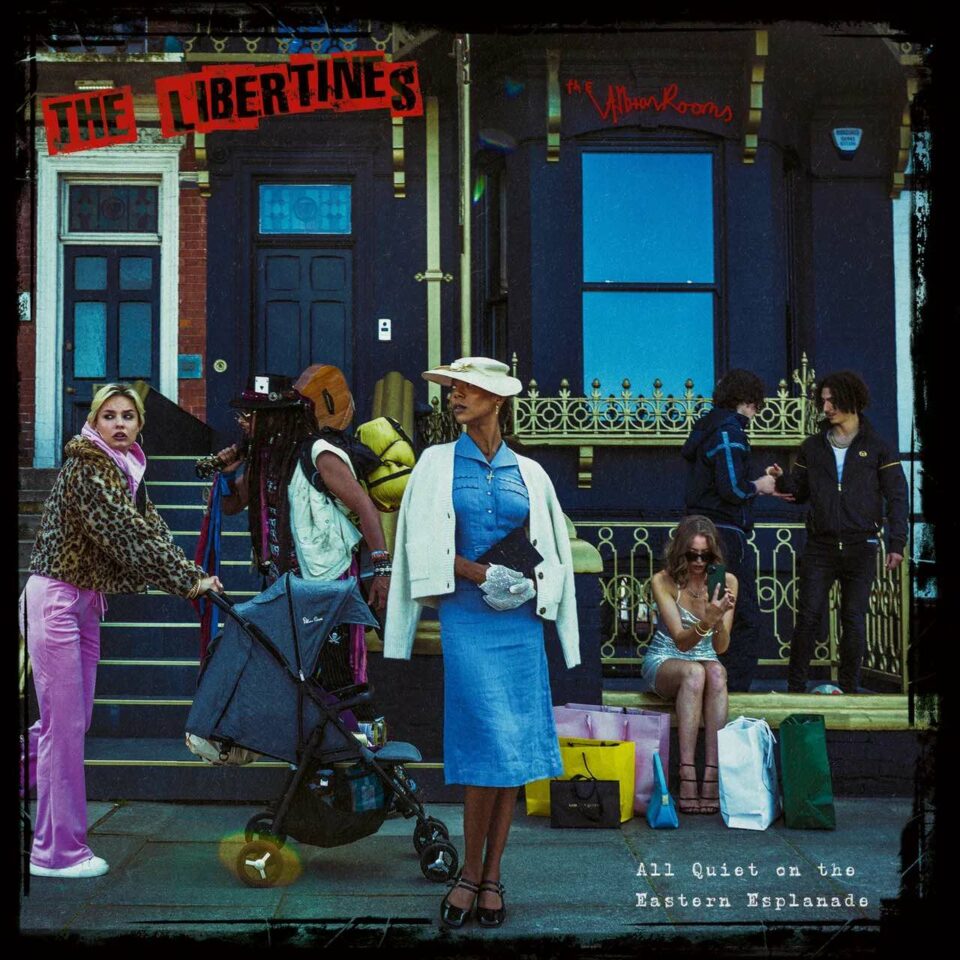Tangerine Dream
Raum
KSCOPE/EASTGATE
Like a star whose light still reaches Earth for years after it’s gone from the sky, Edgar Froese’s work goes on twinkling. Toward the end of a legacy period that produced over 100 records, the Tangerine Dream founder began working with his successor, long-time musical director and multi-instrumentalist Thorsten Quaeschning, on plans for a sort of reboot, updating the sound of the records and film scores that first made the band legends of Kosmische Musik in the 1970s. According to Quaeschning, Froese’s ideas were scrupulous, and when he unexpectedly passed away in 2015, he left behind a wealth of compositions and arrangements in progress, first resulting in the 2017 LP Quantum Gate, and now a second sort-of posthumous studio album, Raum.
Context makes the continued life of Tangerine Dream a far less cynical affair than many acts of its age, but it also puts the band’s next generation in an unusual position, somewhere between paying tribute and passing the torch forward. Quantum Gate, which arrived for the project’s 50th anniversary, made a clear commemorative impression. It can be a little harder to parse Raum, and archival readings of either record would be frustrated by the lack of delineation between Froese’s parts and the work of Quaeschning, synth player Paul Frick, and violinist Hoshiko Yamane. The Super 8-filmed music video for the title track, all hands on the knobs of vintage synths, feels earnest—but also, in a sense, obligatory.
On its own, the music of Raum is organic, and at times quite moving. The 19-minute A-side piece “In 256 Zeichen” mingles synth and violin arpeggios like the orbits of binary stars, developing through unexpected shifts and percussive plucking. “You’re Always on Time” features in an endearing video showing the band making field recordings by scratching tree bark and plopping stones into water. “Along the Canal,” with its underwater keys and Mellotron flutes, packs a rhythmic thud, one of those thrilling moments when it sounds like the knobs on some module or other are turned up just a little too high. The third of the record’s four sides feels inessential, but the tracklist as a whole is listenable and meditative.
Raum follows a catalog already as unwieldy as an original Moog, spread across decades, labels, and lineups, and while it doesn’t always live up to its most groundbreaking forebears, it often succeeds in its own right. According to the band, the title track was conceived as an homage to early TD works like “Zeit” and “Phaedra”—primordial synth pieces so supremely alien that it’s difficult, even listening today, to imagine their creation. “Raum” holds no such mystery, but with a haunting central chord progression and gorgeous, mournful string embellishments, it is beautifully experiential.









